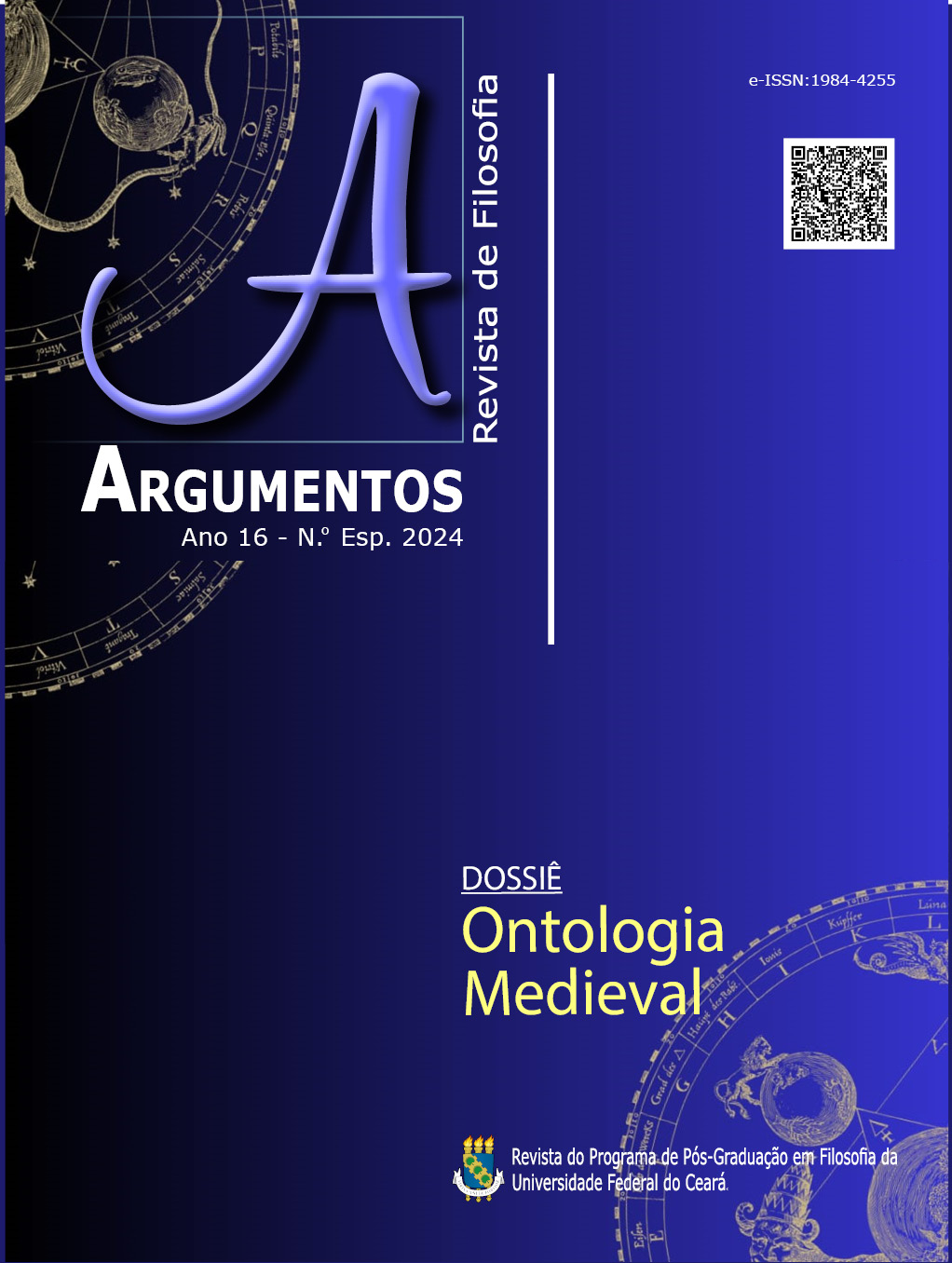Hannah Arendt and the Redemptive Power of Narrative
Keywords:
Narration. Storyteller. Hannah Arendt.References
ARENDT, H. Hannah Arendt KarI-Jaspers: Briefwechsel. München, 1985.
ARENDT, H. Men in Dark Times. New York: Harcourt Brace, 1968.
ARENDT, H. Personal Responsibility Under Dictatorship. The Listener, n. 6, 1964.
ARENDT, H. The Human Condition. Chicago: University of Chicago Press,1973.
ARENDT, H. The Life of the Mind. Vol. 1. Thinking. New York: Harcourt Brace, 1978.
ARENDT, H. The Life of the Mind. Vol. 2. Willing. New York: Harcourt Brace, 1978.
ARENDT, H. The Origins of Totalitarianism. 3. ed. New York: Harcourt Brace, 1979.
ARENDT, H. “[The Origins of Totalitarianism]: A Reply”. The Review of Politics, v. 15, n. 1, 1953, p. 76–84.
ARENDT, H. Walter Benjamin. In: Men in Dark Times. New York: Harcourt Brace, 1968.
BENHABIB, S. “Judgment and the Moral Foundations of Politics in Arendt’s Thought”. Political Theory, v. 16, n. 1, 1988, p. 29-51.
BERNSTEIN, R. The Restructuring of Social and Political Theory. Philadelphia: University of Pennsylvania Press; Harcourt Brace, 1976.
BUCK-MORSS, S. The origin of negative dialectics: Theodor W. Adorno, Walter Benjamin and the Frankfurt Institute. Hassocks: Harvester Press, 1977.
CRICK, B. “On Rereading ‘The Origins of Totalitarianism’”. Social Research, v. 44, n. 1, 1977, p. 106-26.
LUBAN, D. “Explaining Dark Times: Hannah Arendt’s Theory of Theory”. Social Research, v. 50, n. 1, 1983, p. 215-248.
D’ENTREVES, M. P. The political philosophy of Hannah Arendt: a reconstruction and critical evaluation. Boston: Boston University, 1989.
FUNKE, M. Totalitarisme: E. Studien-Reader zur Herrschaftsanalyse moderner Diktaturen, Düsseldorf, 1978.
HABERMAS, J. “Hannah Arendt’s Communications Concept of Power”. Social Research, v. 44, n. 1, 1977, p. 3-24.
HEGEL, G. W. F. The philosophy of right. Translated with notes by T. M. Knox. Oxford, 1973.
KATEB, G. Hannah Arendt: politics conscience and evil. New Jersey: Rowman & Allenheld, 1983.
LASCH, C. “Introduction”. Salmagundi, Special. H. Arendt issue, n. 60, 1983.
MERLEAU-PONTY, M. Les aventures de la dialectique. Paris: Gallimard, 1955.
MOMMSEN, H. „Vorwort“ in Eichmann in Jerusalem: Ein Bericht von der Banalität des Bösen. München, 1986.
MOMMSEN, H. “The Concept of Totalitarian Dictatorship versus the Comparative Theory of Fascism”. In: MENZE, E. A. (Ed.). Totalitarianism Reconsidered. Port Washington: Kennikat Press, 1981. p. 146-166.
PITKIN, H. F. Justice: on relating private and public. Political Theory, v. 9, n. 1, 1981, p. 327-352.
TOCQUEVILLE, A. Democracy in America. New York: Doubleday, 1969.
VOEGELIN, E. “The Origins of Totalitarianism”. The Review of Politics, v. 15, n. 1, 1953, p. 68-76.
YOUNG-BRUEHL, E. Hannah Arendt: for love of the world. New York: Yale University Press, 1982.
Downloads
Published
Issue
Section
License
Copyright (c) 2024 Lucas Barreto Dias, Cecília Pereira da Costa, José Eronildo Gomes de Araújo Junior

This work is licensed under a Creative Commons Attribution 4.0 International License.
Argumentos magazine is licensed under an International Creative Commons Attribution License.
The Magazine uses CC BY inclusion
1) The authors retain the copyright granted to the magazine or the right to initial publication, with the work regularly licensed under the Creative Commons Attribution, which allows the sharing of the work with acknowledgment of authorship and initial publication in this magazine.
2) The authors are authorized to contract additional applicable contracts, for non-exclusive distribution of the version of the work published in this journal (for example, publication in the institutional repository or as a chapter of the book), recognition of authorship and initial publication in this journal.
3) Authors are authorized and encourage to publish and distribute their work online (for example, in institutional repositories or on their personal pages) at any time before or during the editorial process, as they can generate productive changes, as well as increase the impact and reference of published work.




.jpg)










._._3.png)
1.jpg)
._._._.png)
